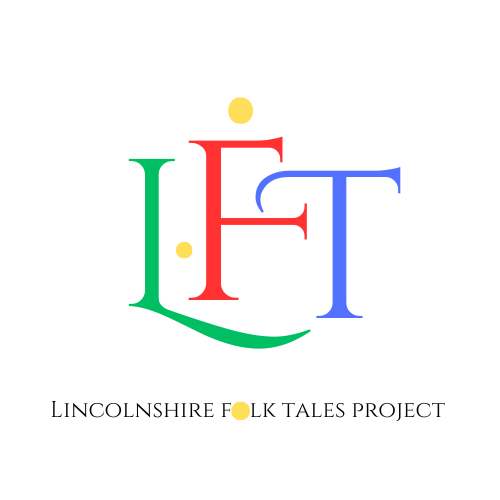The Centre for Magic and Esotericism
The Centre for Magic and Esotericism
This page highlights events happening beyond the Centre for Magic and Esotericism. Check back regularly for updates, and please get in touch if there is an event you would like to share!

CALL FOR PAPERS
The folklore of the East of England is as multifarious as the landscapes and communities that created it. It captures the changing fenlands, waves of settlement, war, the tribulations of fishing and farming, historical and religious understanding and interpretation, and moments in the lives of common people. Yet for all the folk tales that are still retold, many more are overlooked by or unknown to folklorists
and storytellers.
A call for papers is now open for a hybrid symposium on Lincolnshire Folk Tales and Folklore(s) of Place. It is organised as part of the Lincolnshire Folk Tales project, funded by the AHRC at Nottingham Trent University. The symposium is free to attend for all who register, and travel bursaries of up to £50 are available to a limited number of participants, based on need. The symposium will take place at Nottingham Trent University (and on Teams), on April 11th 2025.
Please send an abstract of up to 200 words, ideally on a Microsoft Word document, to lincolnshirefolktalesproject@gmail.com by 12pm on Friday 31 January 2025, along with a short bio of up to 60 words (on the same Word document), using ‘LINCOLNSHIRE FOLK TALES SYMPOSIUM’ in capitals as the email subject line.

We are delighted to announce the upcoming CREMS (University of York) Magic and Witchcraft Conference 2025. This year’s theme is inspired by conversations begun at a conference on Witchcraft and Authority, held in Copenhagen in October 2024. Drawing together scholars from across Europe and North America, it quickly became clear that while understandings and the prosecution of witchcraft was indisputably bound up with questions of authority, what was meant by a ‘witch’ varied considerably between regions, and even between decades. The result is that, at times, we speak across each-other in our research, drawing conclusions based on conflicting definitions and parameters of what we study.
We therefore propose to re-open the discussion on what we, as scholars, mean when we refer to witchcraft. In short: what is a witch?
Keynote speakers
Papers cover the period from Antiquity to 1850, and speak to a range of sub-themes including:
A full timetable and registration link will be available soon. Please contact magicwitchcraft2024@gmail.com with any questions.
Organisers: Debora Moretti (University of Hertfordshire) and Tabitha Stanmore (University of Exeter)

Online, 5pm CET / 4pm GMT
The marginalisation of astrology—the protracted process by which a rich scholarly field migrated into the margins of European intellectual culture—is still not fully understood, despite renewed attention from historians.
This lecture suggests that we can learn more about this important shift in the history of science by studying the evidence provided by university student disputations. Regular oral disputations were a basic facet of university pedagogy, and the formal disputations required for graduation were typically public events.
Records of the latter survive for many universities across Europe. A rich but still under-utilized vein of evidence, this data can shed light on the topics that were deemed of pedagogical interest as well as what interested students themselves.
Valuable traces of oral culture, disputation records point to the role of education in intellectual and cultural change but also show that in this period the university was not an isolated ivory tower, but its curricula both responded to and was impacted by local and pan-European events.
We now know a great deal about how astrology was taught in medieval and Renaissance universities, but there is still much we don’t know about the process whereby astrology was removed from its previous position in university faculties.
The lecture will explore, in a series of case studies, how astrology figured in disputations in several early modern universities, ultimately disappearing from disputation literature over the course of the eighteenth century.
To register for this event please follow the link: https://csmbr.fondazionecomel.org/events/online-lectures/astrology-disputations/